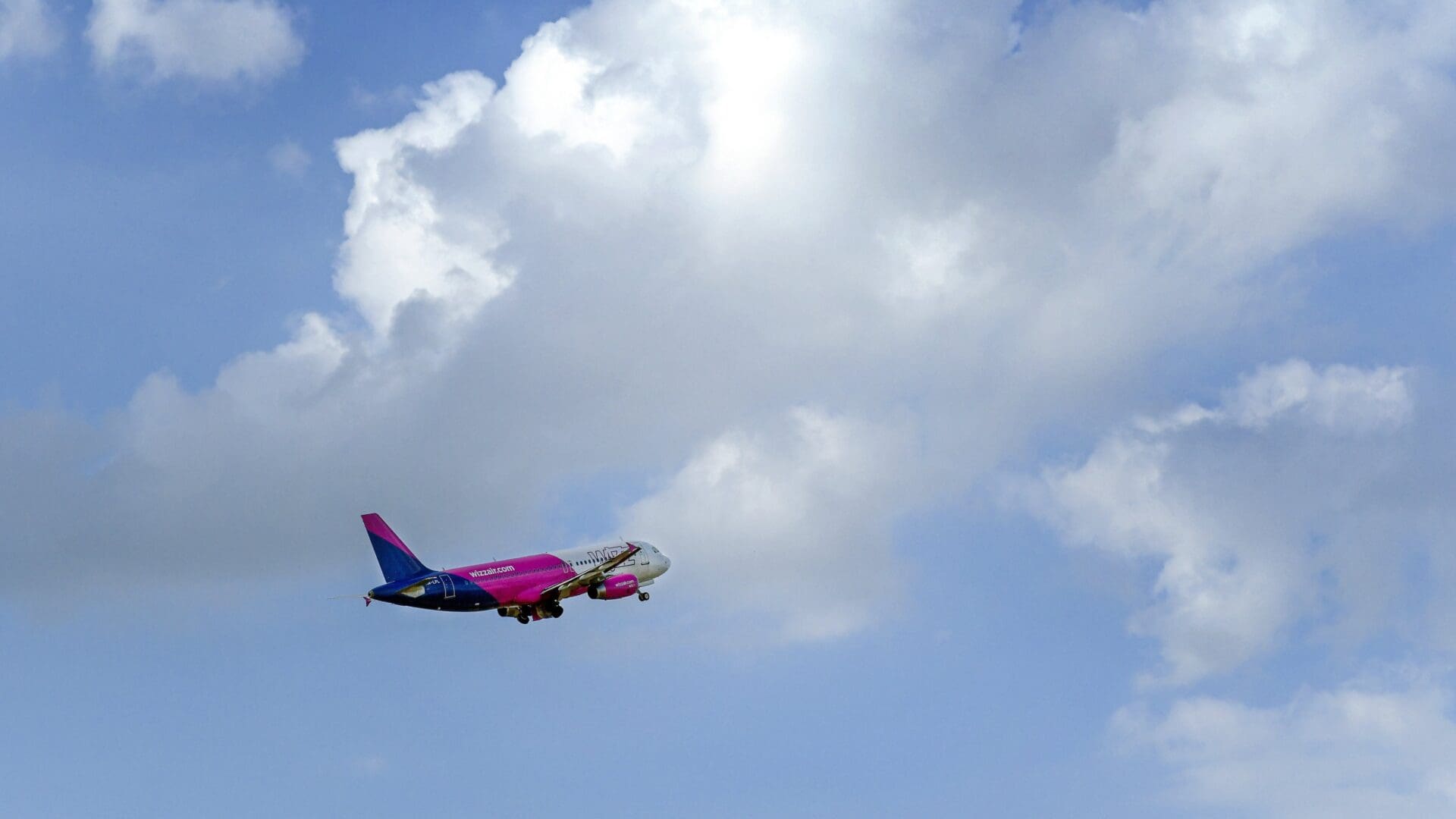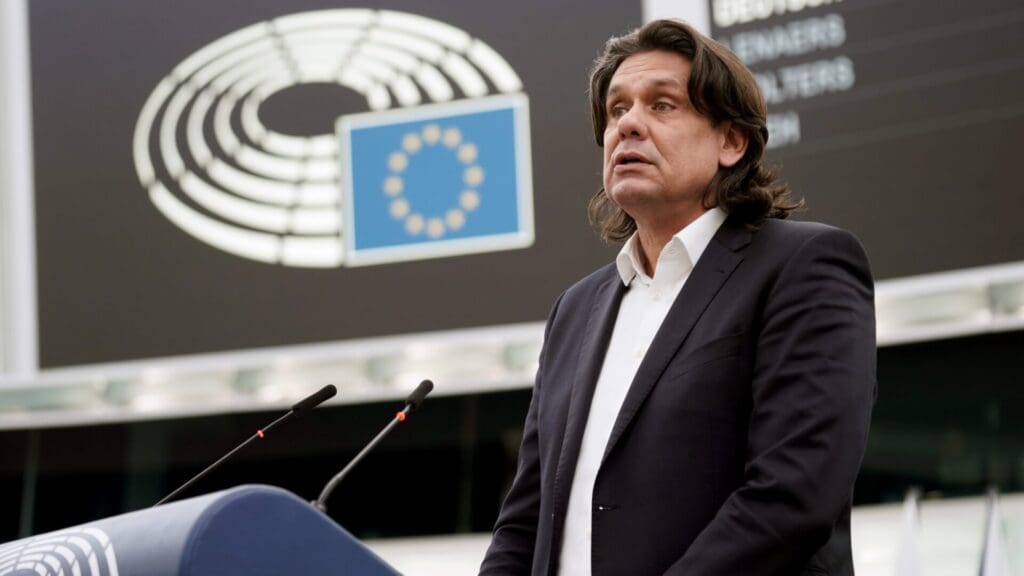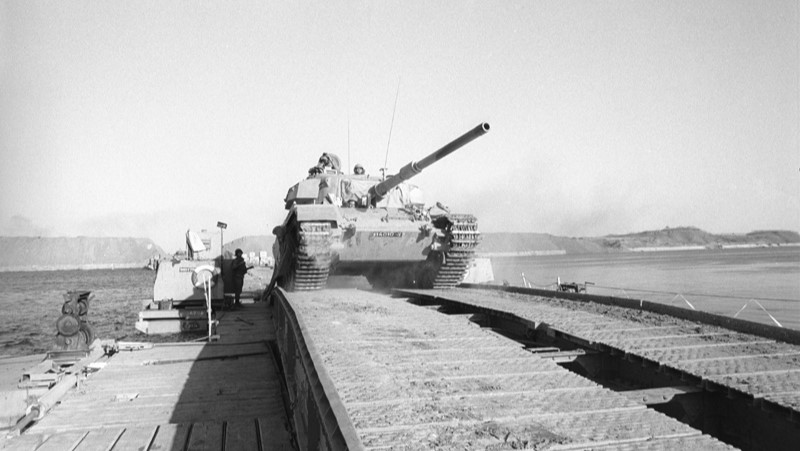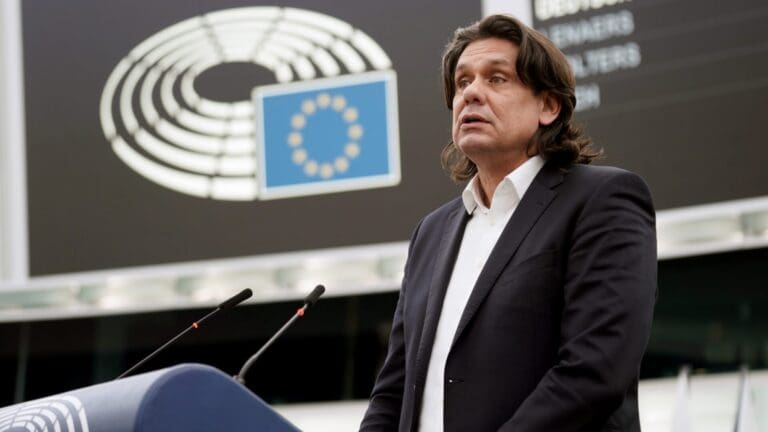A couple of days ago, there was a lot of buzz both on social media and on the online media about a ‘Ukrainian war veteran amputee’ who was removed from a WizzAir flight. The passenger who apparently lost his leg recently in the war on Ukraine wanted to travel from Tel-Aviv (where he had allegedly received the prosthetic limb) to Warsaw, but was removed by the staff after it turned out that his prosthesis do not fit into the purchased seat. According to media reports, the man refused to leave the plane for over 30 minutes, blocking its departure, trying to convince the stuff to let him fly back to Poland to his family. The man was understandably desperate, crying and yelling with the staff.
Swiftly after the news went viral online,
the airline published a statement,
apologising for the inconvenience caused, but insisting that ’it was a difficult but necessary decision’ to deny the passenger travel and that the decision was taken with the passenger’s safety in mind. The airline claimed that it carefully investigated the situation but has concluded that the decision taken on the ground was made in accordance with the necessary safety standards—the man appeared to be confused and therefore, after consulting with the pilots, the staff asked him to leave the plane.
Wizz Air on Twitter: “pic.twitter.com/jskMIruyJq / Twitter”
pic.twitter.com/jskMIruyJq
Despite the airline’s explanation and apology,
the #boycotwizzair hashtag gained popularity fast,
and many Twitter users with Ukrainian flags in their bios were shaming the Budapest-based company for allegedly supporting Russia with its decision to remove ‘a Ukrainian veteran.’ Many of these openly hostile posts connected the company’s decision to Hungary’s stance on the war, creating a spurious link between the WizzAir crew’s spontaneous decision on the ground in Israel with Hungarian foreign policy—just because the company happens to be Hungarian. There was even a post reading ‘Wizz Air – Hungary ……. nazi hungary’ with a picture of Prime Minister Orbán and President Putin shaking hands.
Overall, the eagerness of Ukrainian social media users to be antagonistic to a whole country because of one unfortunate decision an airline headquartered in that country had to take to ensure its passengers’ safety demonstrates the level of hostility Hungary experiences from its Eastern neighbour.
akunamatataUA on Twitter: “Wizz Air – Hungary ……. nazi hungary pic.twitter.com/q2ialPCJqB / Twitter”
Wizz Air – Hungary ……. nazi hungary pic.twitter.com/q2ialPCJqB
Soon, however, it turned out that the person removed from the plane
was no war veteran.
Even the Ukrainian Foreign Ministry spokesman, Oleg Nikolenko, who was initially quick to condemn the Hungarian airline’s decision, had to correct his post on Facebook stating in an update that the Ukrainian citizen was not a veteran. Besides the question as to why a government spokesman posts something without verifying the details first, it is also curious why Oleg Nikolenko failed to correct the information accompanying the picture attached to his post. By doing so, he clearly, and probably deliberately, continued to paint a negative image of a Hungarian business and of Hungary as such, while being fully aware that what he was sharing was untrue. According to Ukrainian language sources, the man lost his leg not on the battlefield, but in an accident many years before the war. While Oleg Nikolenko eventually confirmed that the man in question is not a war veteran, he continued to insists on that a Ukrainian citizen’s rights had been violated.
The harm had already been done anyway, as a false accusation is always more likely to be remembered than the correction issued afterwards. As late as on 12 July, one day after the correction issued by the Ukrainian foreign ministry, some Ukrainian media, including the English language Kyiv Independent, were still posting articles about WizzAir having removed ‘a Ukrainian war veteran’ from its flight.
Obviously,
the fake news was too conveniently painting a negative picture of Hungary to be just let go
by the unapologetically anti-Hungarian Ukrainian press.








